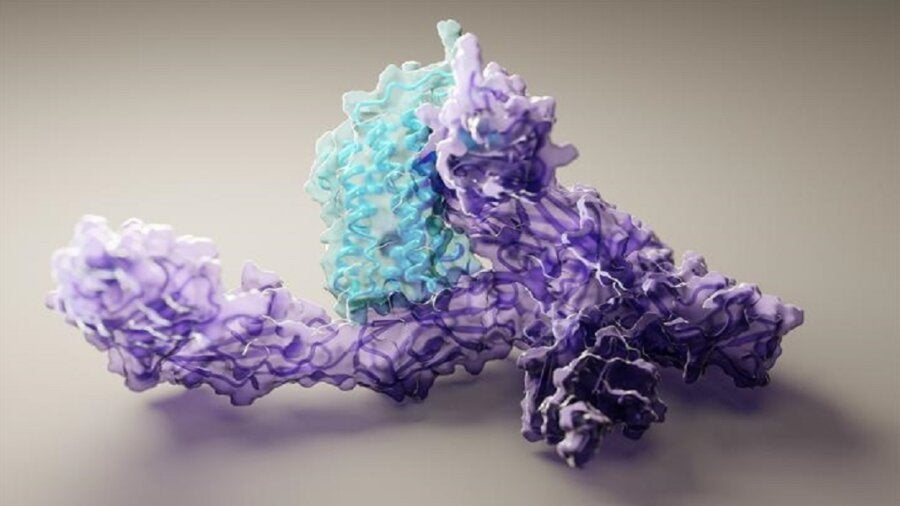
AI Unlocks the Secrets of Protein Folding: A Revolutionary BreakthroughAI Unlocks the Secrets of Protein Folding: A Revolutionary Breakthrough Proteins, the workhorses of life, play a pivotal role in every biological process. However, understanding how these complex molecules fold into their functional shapes has remained a major challenge. Now, artificial intelligence (AI) has emerged as a game-changer, unlocking the secrets of protein folding and revolutionizing biomedical research. The Protein Folding Problem Protein folding involves the complex process by which a linear chain of amino acids collapses into a precise three-dimensional structure. This structure determines the protein’s functionality. However, the sheer number of possible conformations and the weak forces that guide folding have historically made predicting protein structures a formidable task. AI to the Rescue AI algorithms, particularly deep learning, have been trained on massive datasets of protein structures and folding simulations. These algorithms can now rapidly and accurately predict the folded structure of a protein from its amino acid sequence. This breakthrough opens up a wealth of possibilities for biomedical research. Advancements in Drug Discovery Protein folding is crucial for understanding how drugs interact with biological targets. AI-powered protein folding predictions can accelerate drug design by enabling scientists to identify promising drug targets and design molecules that bind with high affinity. Personalized Medicine Each individual has unique variations in their proteins, leading to differences in drug response and disease susceptibility. AI-predicted protein structures can help personalize treatment for patients by identifying genetic mutations that impact protein folding and function. Understanding Disease Mechanisms Protein misfolding is implicated in numerous neurodegenerative diseases, such as Alzheimer’s and Parkinson’s. AI can help researchers uncover how proteins misfold and contribute to disease onset, paving the way for new therapeutic strategies. Biomaterial Design Proteins also hold promise as building blocks for advanced biomaterials. AI can help design proteins with customized structures and properties, enabling the development of novel materials for regenerative medicine, drug delivery, and other biomedical applications. Challenges and Future Directions While AI has revolutionized protein folding prediction, challenges remain. Researchers are still refining AI algorithms and expanding the scope of proteins they can model accurately. Additionally, integrating AI with other experimental techniques will be crucial for gaining a comprehensive understanding of protein structure and function. Conclusion AI has unlocked the secrets of protein folding, opening up a new era of biomedical research. By providing accurate predictions of protein structures, AI empowers scientists to accelerate drug discovery, personalize medicine, understand disease mechanisms, and design novel biomaterials. As AI continues to advance, the possibilities for unlocking the potential of proteins seem limitless.
Posted inNews